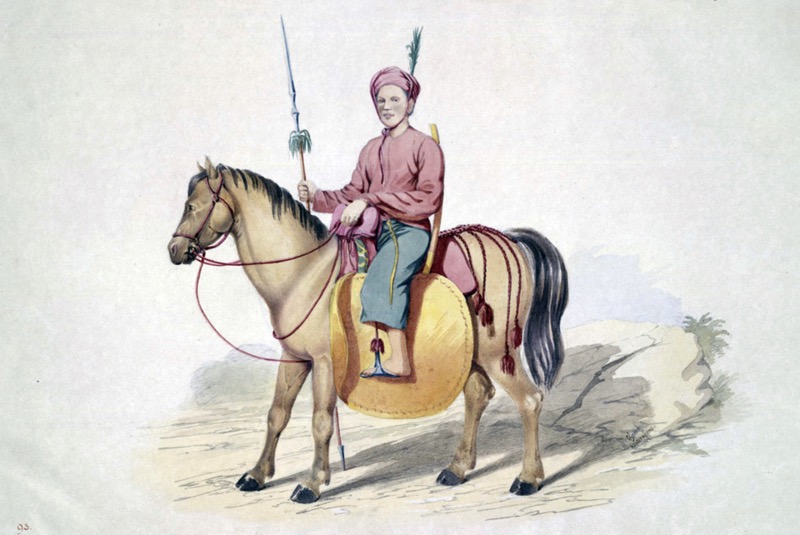Ambulance service apologises after its ruled teen lost his life due to 999 call failings

Ambulance service bosses have said “sorry” after a call handler’s errors contributed to the death of a teenage boy who was electrocuted on a football pitch.
A coroner this week criticised the North West Ambulance Service after a call handler failed to use a system to allow them to identify the exact location where 17-year-old Luke Bennett had been electrocuted. The talented footballer, from Chorley, had been playing at Euxton Villa FC with seven of his friends when they began “messing around” with a 7.3-metre long pole used to hold down the nets of the goal.
The heavy pole made contact with overhead power cables carrying 11,000 volts and Luke, along with his pals Lewis Geszke and Ben Wilcock, fell to the ground as their friends saw flames coming from the top of the pole along with a sizzling sound. Luke initially got up but immediately collapsed again and his friend Ben Doherty called 999.
READ MORE:
The call handler misunderstood the location of the football club and instead dispatched paramedics to Runshaw College which is around half a mile away from Euxton Villa’s ground. It took around 20 minutes for the ambulance crew to reach Luke, missing the vital 10-minute “window of opportunity” to start CPR, and the call handler had also instructed the boys not to touch Luke even though the pole was no longer touching the electricity source.
Area Coroner Kate Bisset ruled that the errors in the way the 999 call was handled contributed to Luke’s death and he would have survived had they not occurred. The coroner has also requested further information from NWAS regarding training to ensure call handlers make use of available systems to ascertain the location where a 999 call is made.
In a statement the ambulance service said they are “extremely sorry” that paramedics didn’t reach Luke in time. Had CPR been commenced within 10 minutes, and had a defibrillator at the club been used within 20 to 30 minutes of the incident, cardiac consultant Dr Ian Schofield said Luke probably would have survived.
A spokesperson for NWAS said: “This was an incredibly tragic case, and we are extremely sorry that we didn’t reach Luke as quickly as we needed to despite the best intentions of everyone involved. We offer our sincere condolences to his family.
“We have thoroughly investigated what happened and identified a number of contributory factors, including elements of the triage system that was used at the time. We have also changed policy and procedures and updated our systems to better utilise the technology which now exists and which can assist in pinpointing incident locations. Extra guidance and training have also been provided to our control room colleagues to prevent this from happening again in the future.“
Luke’s parents, who attended the inquest held this week at Preston’s County Hall, also criticised Euxton Villa FC for not recognising that the metal pole represented a hazard. However, both the coroner and an expert from the Health and Safety Executive concluded it was not reasonably foreseeable to anticipate how the pole was used by Luke and his friends.
Since the incident, on Saturday March 6 in 2021, the club have cut up the pole and no longer use any similar items to hold down nets. In a statement issued after the conclusion of the inquest the club said Luke’s death “was and remains a matter of the sincerest regret”.
READ NEXT:












